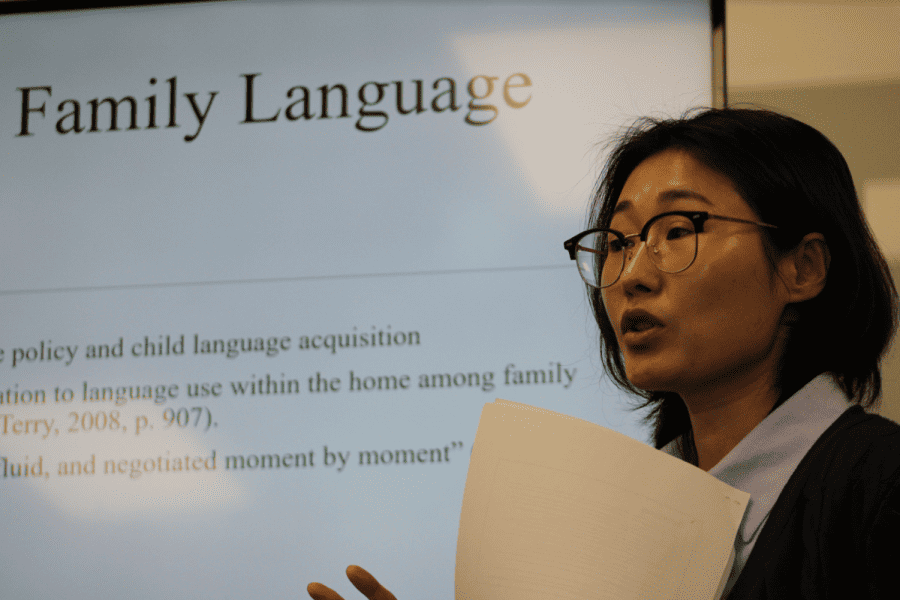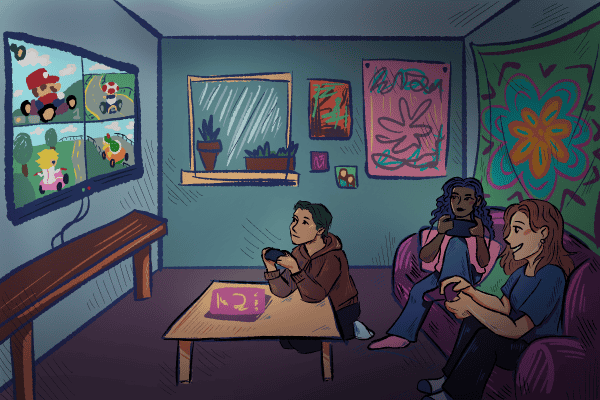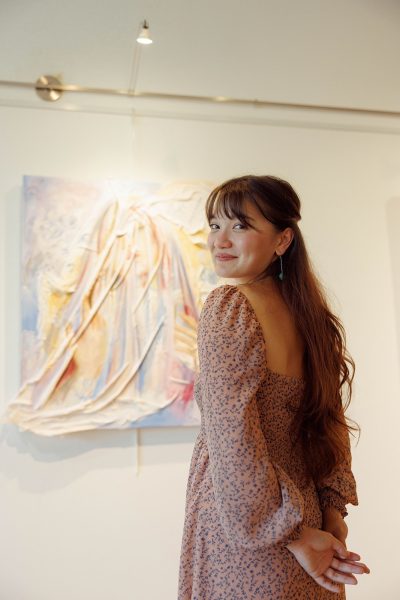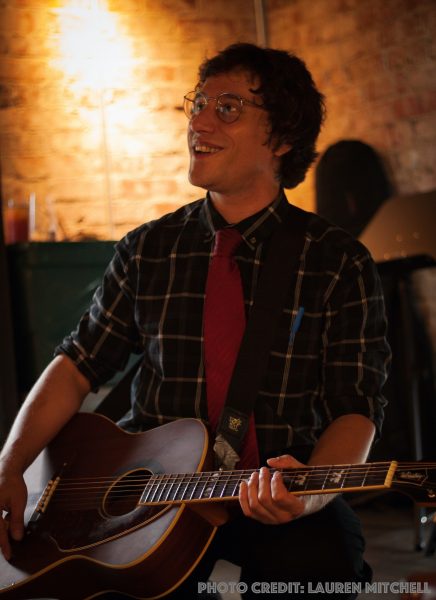“I Have an Accent 2023” showcases the power of language
February 15, 2023
The Language, Literature, and Linguistics Graduate Students Organization hosted the 12th annual University of Alabama Language Conference for the first time since 2019 because of the COVID-19 pandemic. The name of the conference was “I Have an Accent 2023,” and it provided a space for graduate and doctorate students of the Department of Modern Language and Classics to present their research on literature, linguistics and language. This year, the conference hosted students from universities across the country and featured two keynote speakers.
Lisa Parkes, a senior lecturer and director of the German Language Program at Harvard University, was one of the two keynote speakers invited. Parkes’ speech talked about accents, identity construction, literature and language, particularly referencing prejudice against migrants’ accents and behaviors. She used the example of a German play to explore a unique, innovative way of learning or teaching a foreign language. During her workshop, Parkes presented drama techniques that can be used in the classroom to help students learn languages.
“What I talked about today and what I will do in the workshop tomorrow is show the connection between identity construction, in a way, and aesthetic play. So, thinking of learning a language as a set of aesthetic exercises,” Parkes said. “In theatre, you have the freedom to really play with a different sort of imagined identity. And I think learning a foreign language is very much about getting, creating or assuming a different identity that you can switch in and out of.”
Addison Lesko, a UA freshman, attended Parke’s lecture to receive credit for her foreign language class.
“I definitely think this panel is for everyone. I was a little skeptical going into it because I’m not bilingual. I am a 102 Spanish student. So, I was really concerned that I would feel out of place among these professionals and graduate students. But really, language is a universal thing that everyone can enjoy and check out,” Lesko said.
Roger Fopa, a professor from the University of Maroua in Cameroon, was the conference’s second keynote speaker. His talk was about how advances in technology and digital humanities are leveling discrepancies in relation to countries’ socioeconomic statuses. With advances in technology, scholars in countries with fewer resources can find opportunities they could not before.
Cheryl Toman, the department chair of the French program at The University of Alabama, helped interpret Fopa’s lecture.
“Self-publishing is now open to everyone, and is fast, so there is less reliance on publishing according to certain marketing expectations,” Toman said. “Scholars and authors can transmit their work without having to worry as much about borders, censorship, cost of publication and diffusion, etc. This means that minority voices are being able to be heard more than ever.”
Fopa also addressed the disadvantage of rapid technological growth, especially that there are still areas of the world where internet coverage is non-existent.
“Someone in Africa can do amazing things to diffuse and receive knowledge with just a smartphone. However, you have to be able to own that smartphone and in some severely impoverished areas, this is impossible,” Toman said. “But people on the African continent share certain realities with their Western counterparts. The young generation for the most part is more informed and skilled in using technology and sometimes they know more than their educators. So everywhere, we see a lag in the education system in this regard. At the end, Professor Fopa puts the responsibility squarely on educators who have to stay a step ahead of students despite the challenges.”
In addition to the two keynote speakers’ lectures, the event consisted of three sessions of three simultaneous one-and-a-half-hour panels run in different rooms each day, for a total of nine different panels per day.
Ana Belén Álvarez, a doctoral student in Spanish literature, was a participant at the conference and was a part of the panel “Voces españolas: el conflicto.”
Álvarez said that the University has allowed her to “unite two fields — criminology and literature.” Álvarez presented her research focused on the “representation of children who have suffered a crime in literature and the movie scenes.”
Other panels included a range of topics such as the languages of Eastern Asia, the ideas of Africanity and linguistic determinism, foreign language education in Alabama schools, and language and literature surrounding migration and trauma.
The “I Have an Accent 2023” conference showed that languages are an integral and important facet of our daily lives.
“Communication is fundamentally what makes us human,” Parkes said. “If we need to be able to communicate today, especially in this globalized world, I think languages are more important than anything else. … The more languages you know, the more articulate and more clearly you can think and express yourself.”











